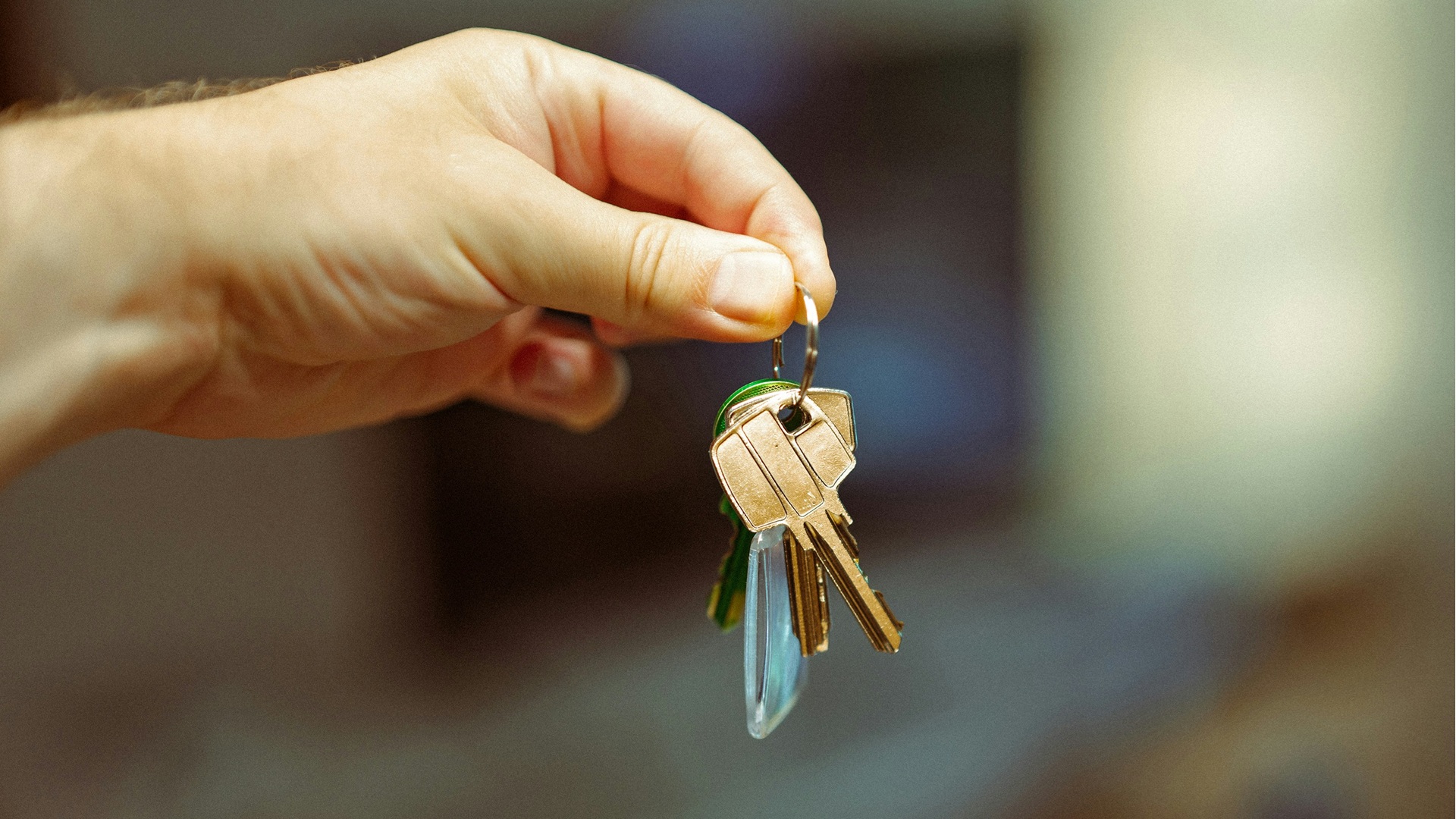Years ago, I supported a young man as he was leaving prison. I’d worked hard with him to get everything ready for his liberation – housing, benefits, paperwork. When I handed him the keys to his brilliant new home which was fully decorated, furnished and cosy, he broke down in tears.
I was totally shocked. What had I missed? Everything was in place. Then I realised, he was scared. He told me it was the first time he’d ever been truly alone. From his time in care facilities as a child, through to young offenders’ units as they were then known, to prison. He had never been on his own.
Read more:
- Can modular housing help solve London’s homelessness crisis?
- Mark was homeless and sleeping in his car. Now he’s just graduated with a first-class degree
- Glasgow council knew this building was dangerous for years. Its collapse left people homeless
That moment shaped how I see homelessness. For some, a set of keys is all it takes. But for many, especially those with complex trauma, housing can feel like the end of one struggle and the beginning of another. Some people need much more than a roof. They need time, trust and someone to walk alongside them. They may need support for years, or even for life. That’s not a failure. It’s what a compassionate system should be built to provide.
I became a support worker in 2001, and more than two decades on, the challenges remain strikingly familiar. There’s no single solution to Scotland’s housing crisis, but we must be willing to learn from the past if we’re serious about building a better future.
At Blue Triangle, we’ve been supporting people across Scotland for 50 years. We’ve seen governments come and go, policies made and forgotten, and still homelessness remains. We welcome recent funding announcements from the UK government to build more social housing, but there are no targets, no timelines, and no clarity about what it means for Scotland, despite a housing emergency being declared more than 18 months ago.





